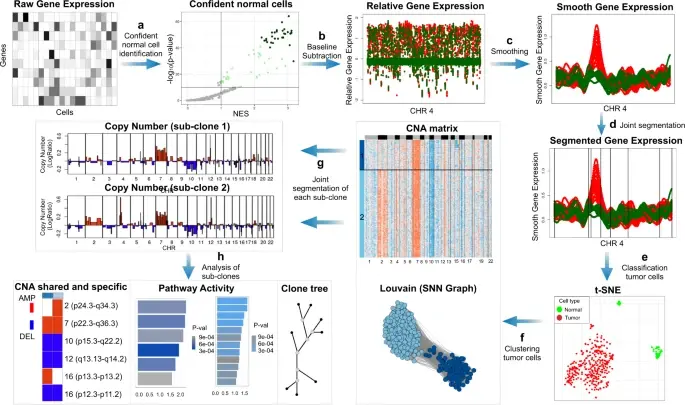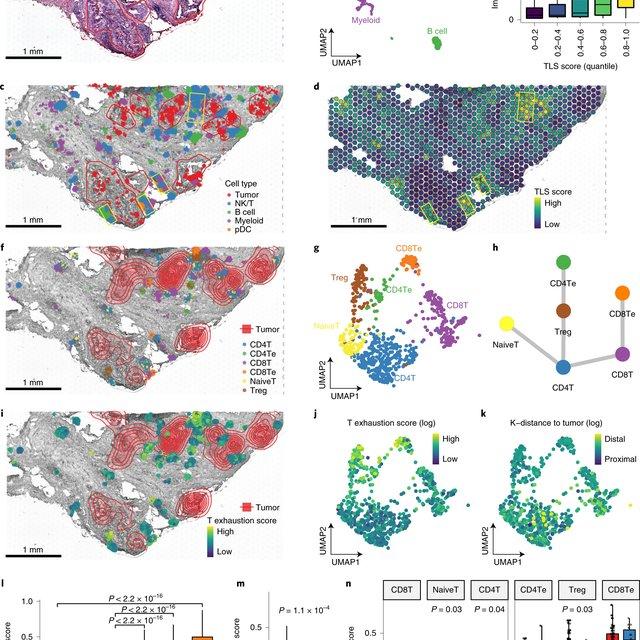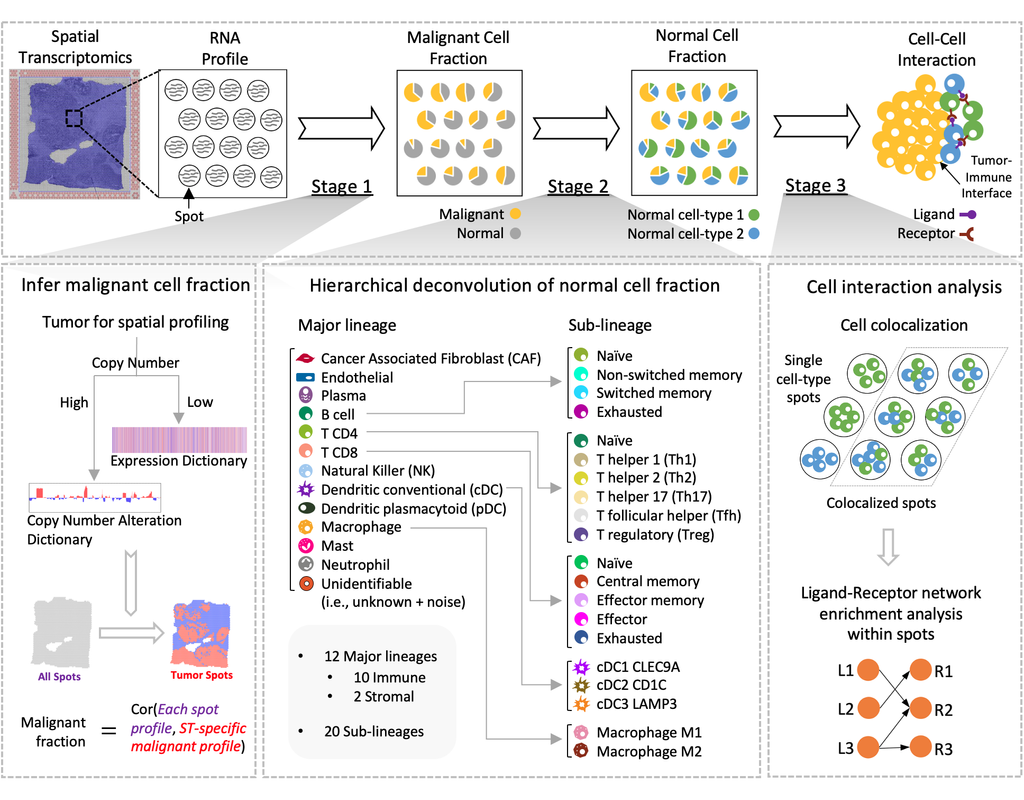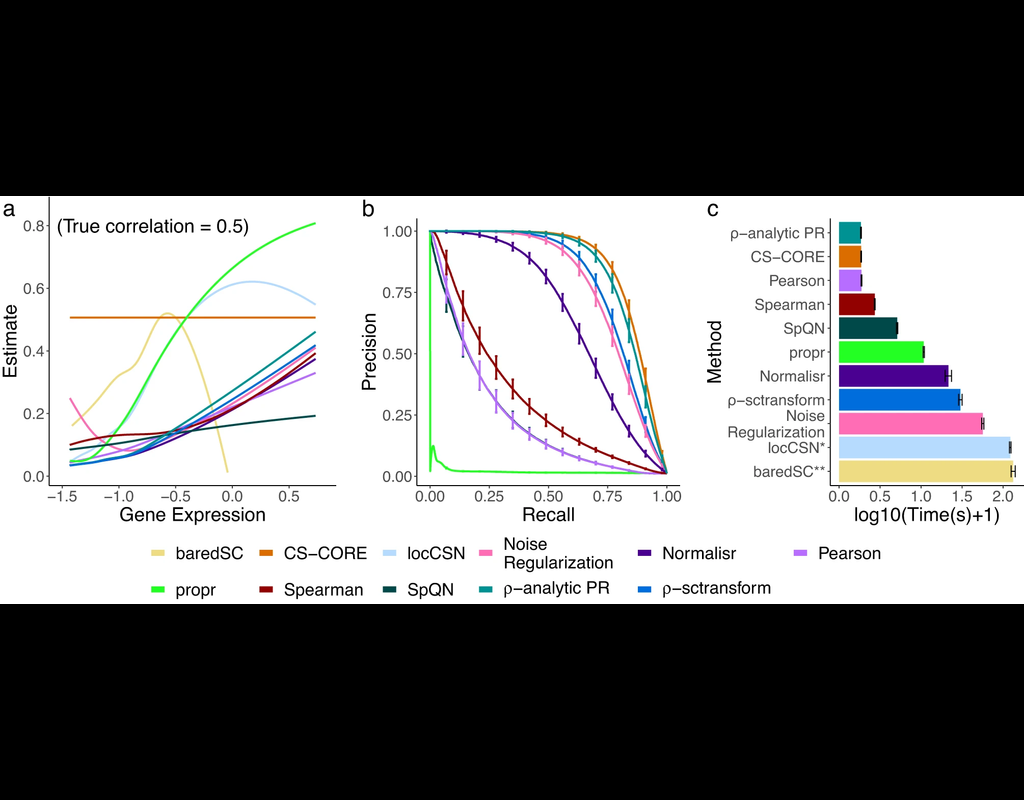Notebooks
Premium
Trends

BioTuring
Monorail can be used to process local and/or private data, allowing results to be directly compared to any study in recount3. Taken together, Monorail-pipeline tools help biologists maximize the utility of publicly available RNA-seq data, especially to improve their understanding of newly collected data.
This is for helping potential users of the Monorail RNA-seq processing pipeline (alignment/quantification) get started running their own data through it.
| Notebooks |
|---|







